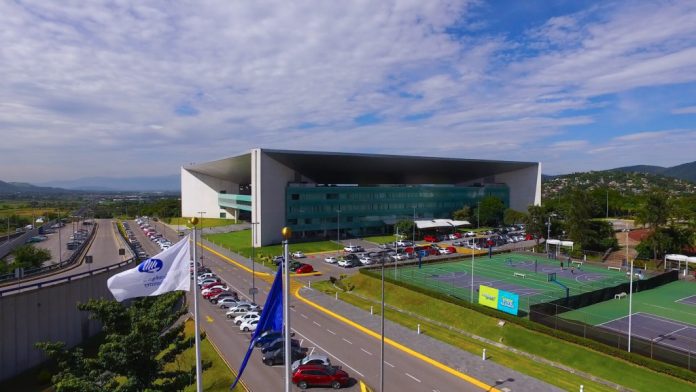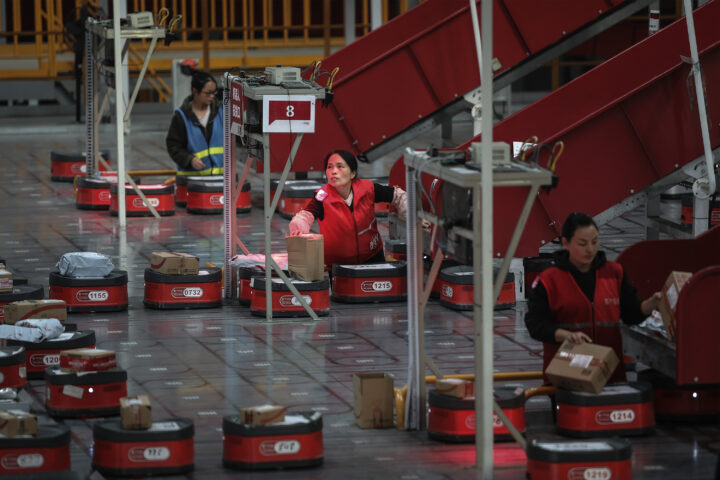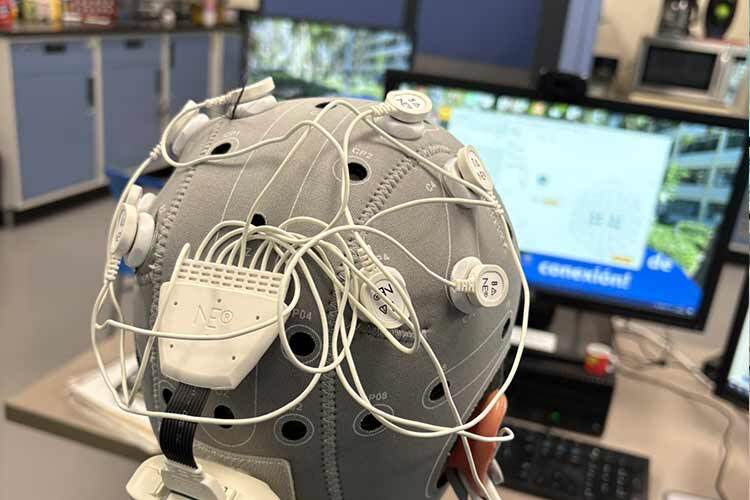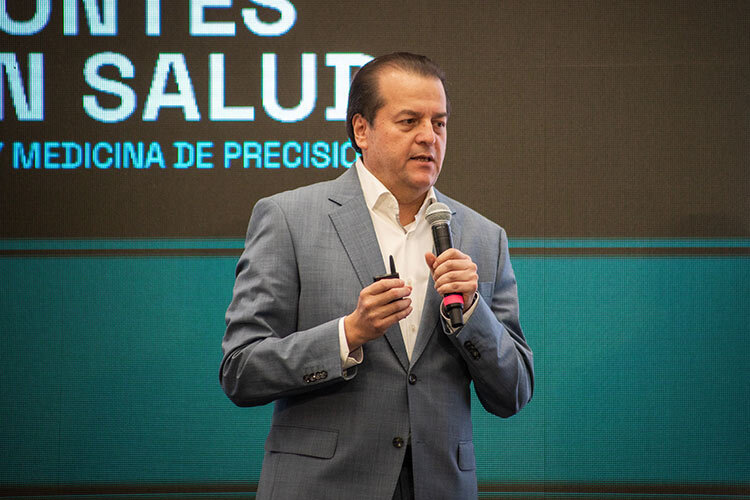Life expectancy in Mexico has increased, but the fact that our population is longer-lived does not mean we are aging healthily. Therefore, one of the most significant challenges facing the country in the future is to ensure that old age is lived in a healthy way.
For this to happen, a State policy that prioritizes this stage of life and gives sufficient economic support to attend it is needed.
Javier Dávila, secretary of the Board of Directors of the Mexican Academy of Surgery, said that while we live longer now, we do not have healthy longevity.
“Health Secretaries are given a minimal budget and told ‘good luck.’ The Mexican state policy must be strengthened to address the aging population in all aspects. How can we make aging successful? What are we going to do with the labor pension liabilities? It is a time bomb,” he said.
His reflection took place during the panel Innovation in Health: Aging and Food Security, at the Synergy Forum, an event from School of Engineering and Sciences (EIC) where they presented their new research strategy.
The panel was led by Cristina Chuck, leader of the EIC’s Health Research Core, and doctors, researchers, and entrepreneurs who are experts in the subject participated.
During the panel, they discussed the changes needed in the government, companies, research, and society to make aging a national priority so the elderly can live with dignity.
Healthy Aging: We Don’t Have to Become a Burden
To move towards a future in which older adults can live independently, actively, and healthily, the participation of all sectors of the population is needed.
“We have to agree on how we talk about aging and what we think about it,” said María del Carmen García, general director of the National Institute of Geriatrics.
According to her, aging has been seen as synonymous with a tragic event where people become a burden on society. But, she added, a significant portion of older adults continue to be economically active, “some are even heads of households.”
With this in mind, the panel participants proposed that aging become a priority on the national agenda and that collaboration between businesspeople, researchers, and decision-makers be encouraged so that products and services focused on improving the quality of life of older adults -truly- reach everyone.
Susana Castro, a researcher at the Institute of Cellular Physiology at the National Autonomous University of Mexico (UNAM), believes that with basic scientific research, we can understand the molecular bases that cause aging to be a risk factor for chronic diseases or some types of dementia.
With applied science, this knowledge could be used to reduce the impact of cellular aging.
“If we all establish a common goal to achieve healthy aging from the core, we could all reach 100 years of age with health,” added Rodrigo Ulloa, senior manager of research and New Business Development at Columbia Laboratories.
Were you interested in this story? Do you want to publish it? Contact our content editor to learn more marianaleonm@tec.mx


















